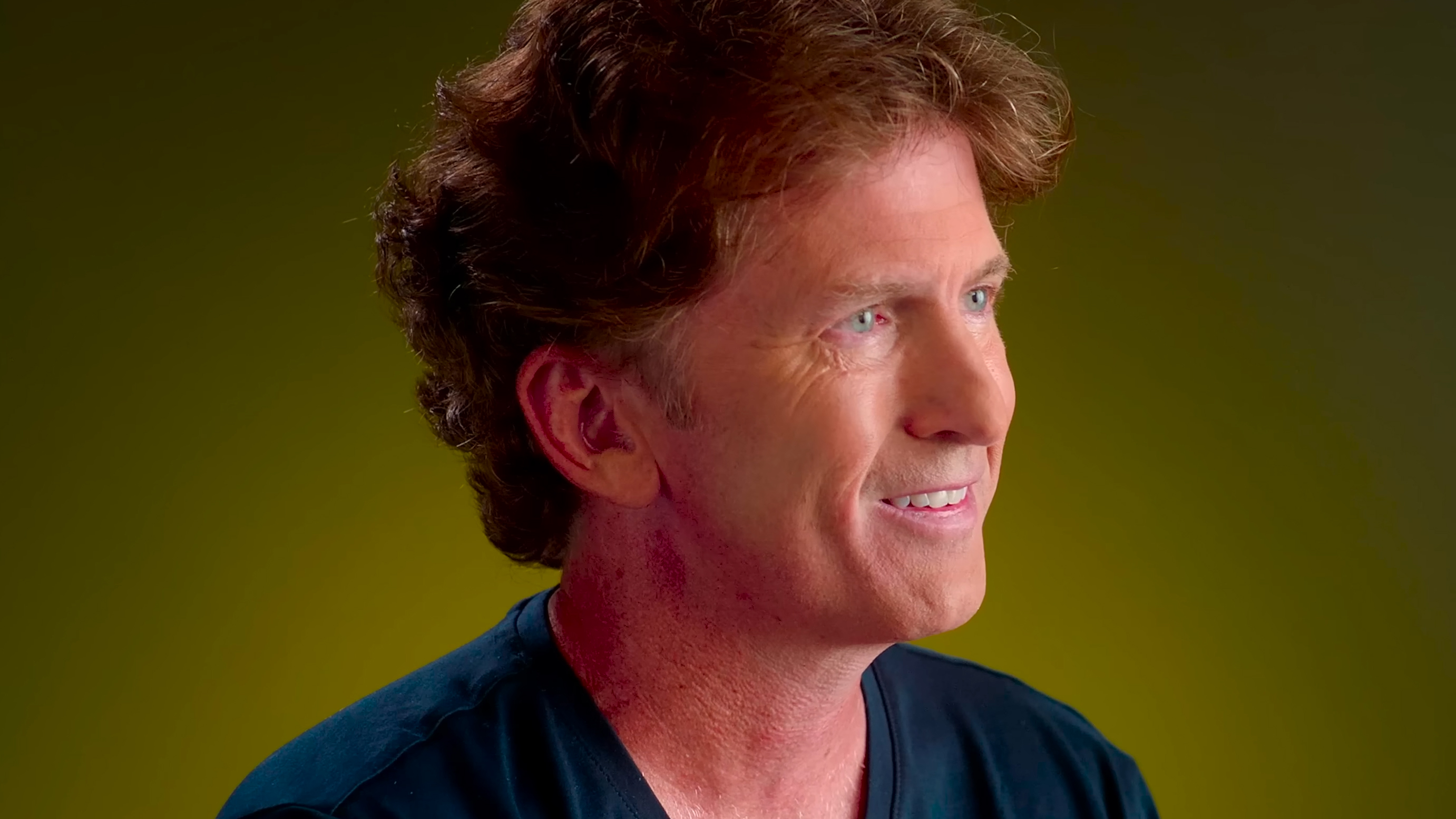'Fallout's yours'—Todd Howard learned he could make Fallout 3 from a Post-It
Todd Howard, Pete Hines, and Tim Cain share memories of Fallout 3.

The Fallout series recently celebrated its 25th birthday, meaning that in another decade it'll be old enough to run for president of the irradiated United States. The original 2D isometric turn-based RPG, developed by Black Isle Studios and Interplay Productions, was released in 1997, and was followed by Fallout 2 the very next year.
But it would take another decade for Fallout 3 to arrive, this time made by Bethesda Game Studios after buying the Fallout license from the bankrupt Interplay and changing the game into a real-time, open world, first- and third-person shooter. The rest is Fallout history.
In a video published by Bethesda this week (embedded below), members of the Fallout 3 team shared their memories of taking over the development of the series—including Todd Howard, who served as Fallout 3's game director. Turns out Howard received the earth-shaking news that Bethesda had acquired the license for Fallout the same way I remind myself to take vitamins: with a Post-It note.
"I can remember this," Howard says in the video. "Coming back to my desk, and Todd Vaughn, our VP of development here at Bethesda, had left a yellow sticky note on my keyboard, and it said 'Fallout's yours.' That's all it said. I'll never forget that."
Howard's reaction wasn't quite as restrained. "I think I screamed and ran around the studio," he says. "Because everyone at the team had heard this might be a possibility."
Fallout 3 was first shown at E3 in Santa Monica in 2008. Pete Hines, senior VP of global marketing and communications, says it was important to Howard that Tim Cain, producer of the original Fallout, approved of the new direction Bethesda was taking with Fallout 3.
"We need to make sure the Fallout guy likes the Fallout that we're making," says Hines.
Keep up to date with the most important stories and the best deals, as picked by the PC Gamer team.
Cain had his reservations, though. "I kinda felt like my baby had been adopted by another family," Cain says. "It wasn't so much that I didn't like the family. It's just my baby was going to be raised differently than I would raise this baby."
While Hines sweated over Cain's reaction, he needn't have worried. "It was mesmerizing. It was immersive. It was incredible," Cain says of seeing Fallout in first-person for the first time. "I especially loved when you actually got to leave the Vault and the light came up and you saw the Wasteland."
"That was a big watershed moment in some ways," says Hines. "Wanting to do right by Fallout meant you go back to the folks who came up with this stuff and said, 'Hey, here's what we're doing.'"

Chris started playing PC games in the 1980s, started writing about them in the early 2000s, and (finally) started getting paid to write about them in the late 2000s. Following a few years as a regular freelancer, PC Gamer hired him in 2014, probably so he'd stop emailing them asking for more work. Chris has a love-hate relationship with survival games and an unhealthy fascination with the inner lives of NPCs. He's also a fan of offbeat simulation games, mods, and ignoring storylines in RPGs so he can make up his own.

